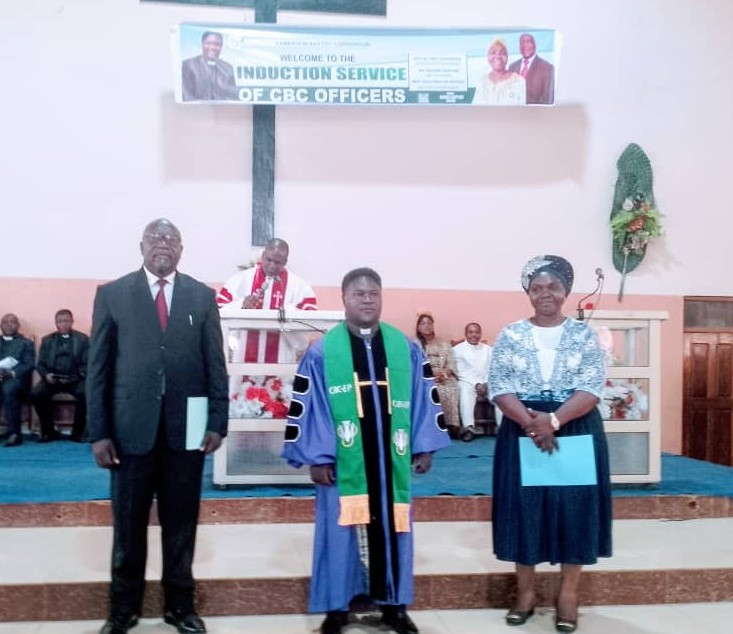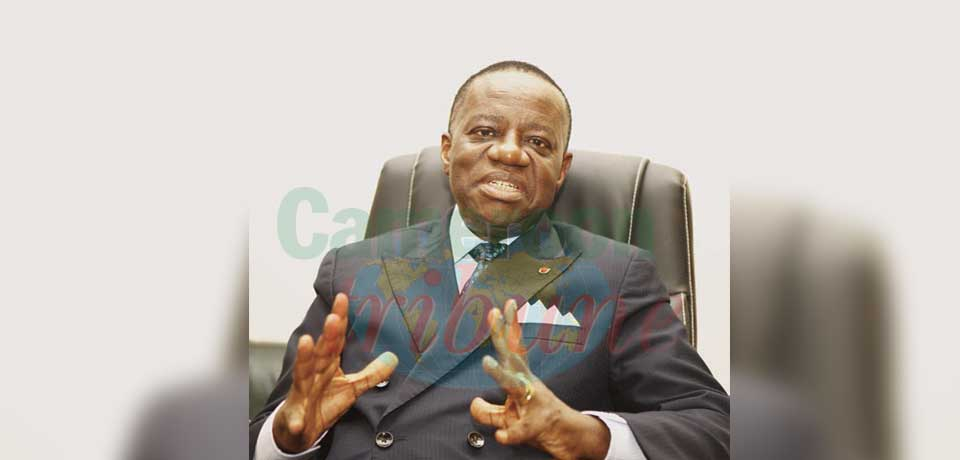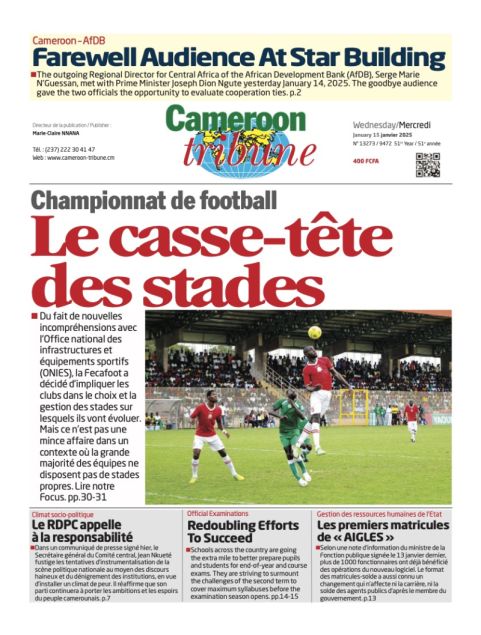The propagation of false information on social media accompanied by images is fast becoming a dangerous social phenomenon.
The trend of events in Cameroon for the past few months have brought out the ugly side of the social media, a contemporary arm of the media that has come to hypothetically complement the role of traditional media. The social media are in effect, computer-mediated technologies that allow individuals, companies, NGOs, governments, and other organizations to view, create and share information, ideas, career interests, and other forms of expression via virtual communities and networks.
Social media differ from paper-based or traditional electronic media such as TV broadcasting in many ways, including quality, frequency, usability, immediacy, and permanence. Social media operate in a dialogic transmission system (many sources to many receivers). This is in contrast to traditional media that operates under a monologic transmission model (one source to many receivers), such as a paper newspaper which is delivered to many subscribers. Some of the most popular social media websites are Facebook (and its associated Facebook Messenger), WhatsApp, Tumblr, Instagram, Twitter, Baidu Tieba, Pinterest, LinkedIn, Gab, Google+, YouTube, Viber, Snapchat, Weibo and WeChat. These social media websites have more than 100,000,000 registered users.
In Cameroon, social media which have taken a geometric leap is fast becoming a threat to peace and a secret instrument of manipulation. Man...
Cet article complet est réservé aux abonnés
Déjà abonné ? Identifiez-vous >
Accédez en illimité à Cameroon Tribune Digital à partir de 26250 FCFA
Je M'abonne1 minute suffit pour vous abonner à Cameroon Tribune Digital !
- Votre numéro spécial cameroon-tribune en version numérique
- Des encarts
- Des appels d'offres exclusives
- D'avant-première (accès 24h avant la publication)
- Des éditions consultables sur tous supports (smartphone, tablettes, PC)













Commentaires